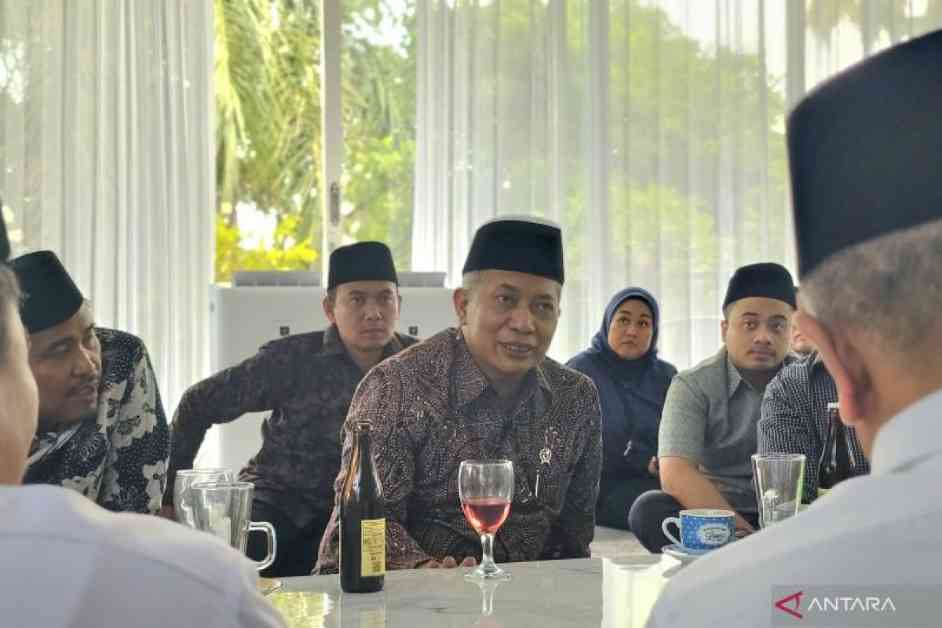Revamping Village Cooperatives for Food Sufficiency: Government Initiatives
Malang, East Java – In a strategic move to achieve food self-sufficiency, Deputy Minister of Cooperatives, Ferry Juliantono, emphasized the significance of revitalizing village unit cooperatives (KUD). This initiative stands as a top priority for the Ministry of Cooperatives, aligning with President Prabowo Subianto’s directives to bolster national food security.
Prioritizing Food Security
Juliantono underscored the pivotal role of KUD revitalization within the ministry’s 12 key programs for 2025, designed to advance President Prabowo’s Asta Cita missions. Aiming to fortify the agricultural sector, the government’s focus on KUD assets, including offices and warehouses, marks the initial phase of this transformative process. By streamlining operations and enhancing infrastructure, the ministry aims to elevate the business acumen of these cooperatives.
Strengthening Agribusiness
Looking ahead, Juliantono hinted at equipping KUDs with dryers to optimize paddy processing, thereby facilitating seamless integration with Bulog, the state logistics company. Furthermore, the collaboration with the East Java provincial government is set to revolutionize fertilizer distribution through farmer groups. This joint effort is poised to streamline access to essential agricultural inputs, fostering sustainable growth within rural communities.
Collaborative Support
President director of the LPDB-KUMKM, Supomo, echoed Juliantono’s sentiments, pledging unwavering support for the KUD revitalization drive. While the LPDB-KUMKM commits to providing developmental assistance from a business standpoint, the Ministry of Cooperatives focuses on fortifying the institutional framework of KUDs. The synergistic partnership between these entities underscores the dual importance of bolstering operational capabilities and governance structures in tandem.
In a bid to fortify Indonesia’s food self-sufficiency, these concerted efforts underscore the government’s commitment to driving sustainable agricultural development. By empowering village cooperatives and fostering collaborative networks, the nation paves the way for a more resilient and prosperous agricultural landscape.
As we delve into the intricacies of agricultural revitalization and cooperative empowerment, it’s crucial to recognize the human impact behind these policy decisions. Imagine a small-scale farmer in a remote village, grappling with fluctuating market prices and inadequate resources. Through initiatives like KUD revitalization, these farmers gain access to crucial support systems and infrastructure, enabling them to thrive in a competitive market landscape. By championing grassroots empowerment and community-driven solutions, the government sets a precedent for inclusive growth and sustainable development.
In the grand tapestry of Indonesia’s agricultural landscape, each village cooperative represents a thread of resilience and innovation. By weaving together these threads into a cohesive fabric of progress, the nation charts a course towards food security and economic prosperity for all. Let us reflect on the transformative power of collective action and collaborative partnerships as we journey towards a more sustainable future for generations to come.






















